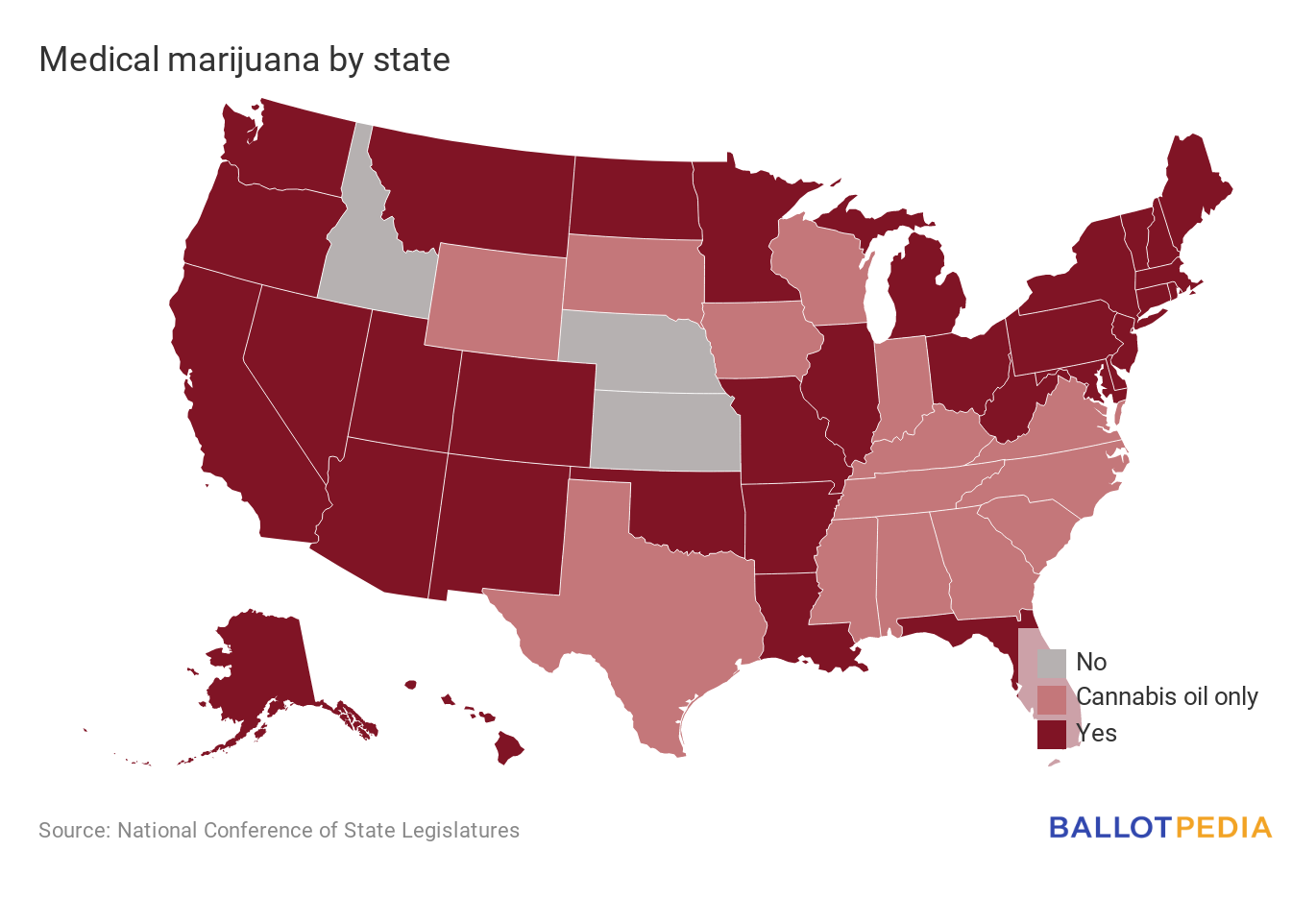Mississippi group submits signatures for initiative legalizing medical marijuana
Mississippi voters may soon have the opportunity to legalize medical marijuana.
A Mississippi group—Mississippians for Compassionate Care—reported submitting more than 214,000 signatures last week in support of an initiative to legalize medical marijuana in the state. A total of 86,185 valid signatures are required to qualify the measure for the November 2020 ballot.
If enough signatures are found valid, the initiative goes to the state legislature, which cannot prevent it from going before voters but can put an alternative measure on the ballot along with the initiative.
This initiative would provide for a medical marijuana program in Mississippi under the direction of the Mississippi Department of Health. Individuals with certain debilitating medical conditions—as specified in the initiative—could seek a certification from a Mississippi-licensed physician to obtain medical marijuana. Nothing in the measure would require a physician to issue a certification for a patient to obtain medical marijuana.
These signatures must be certified by the county clerks in each county and verified by the secretary of state to ensure they are from voters distributed across the state’s congressional districts. No more than one-fifth of all signatures can be from one of the Mississippi’s five congressional districts. Any signatures over that amount from one district will be disregarded.
The measure also specifies that no qualified patient could possess more than 2.5 ounces of medical marijuana at one time and that no more than 2.5 ounces could be provided to a patient in a 14-day period. Under the measure, no medical marijuana treatment center could be located within 500 feet of a school, church, or child-care establishment.
Thirty-three states and Washington, D.C., have passed laws legalizing or decriminalizing medical marijuana. Additionally, 13 states—including Mississippi—have legalized the use of cannabis oil, or cannabidiol (CBD)—one of the non-psychoactive ingredients found in marijuana—for medical purposes.

The last time Mississippi voters had a statewide measure on the ballot was in 2015 when they defeated both a citizen-initiated constitutional amendment and its alternative put on the ballot by the legislature regarding education.
|